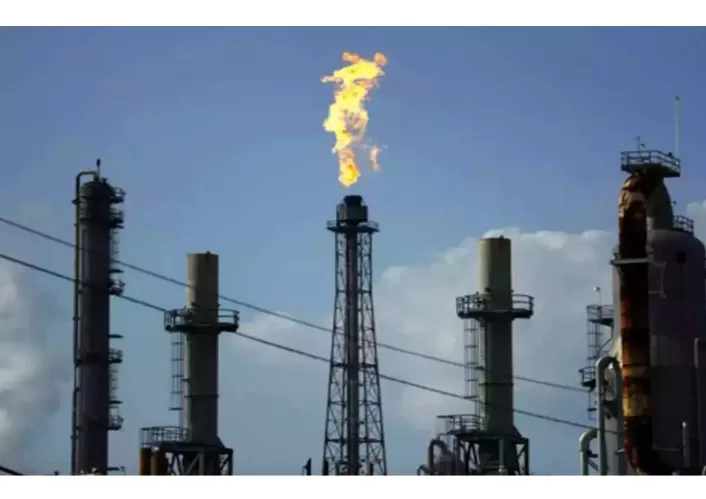New Delhi- India’s Numaligarh Refinery Ltd (NRL), a subsidiary under the aegis of Oil India, has revealed its intention to initiate ethanol production at its biorefinery located in the northeastern region of Assam, commencing operations in March, as announced by the company’s Managing Director, Bhaskar Phukan.
India, recognized as the world’s third-largest consumer and importer of oil, is vigorously pursuing measures to curtail its crude oil consumption by embracing sustainable energy alternatives, with a keen focus on biofuels. A strategic vision has been cast to elevate the ethanol blending ratio with gasoline to 20% by the year 2025.
This biorefinery in Assam, a collaborative endeavor between NRL and its Finnish partners, Chempolis and Fortum, incurred an investment of 40 billion rupees. It stands as a pioneering venture in India, harnessing bamboo as a feedstock for production. Anticipated outputs from this facility encompass an annual production of 50,000 tonnes of ethanol, 16,000 tonnes of furfural, and 11,000 tonnes of acetic acid.
Notably, furfural plays a pivotal role as an adhesive in binding various components. The northeastern region of India is teeming with abundant bamboo resources, providing an ample and sustainable supply.
Bhaskar Phukan commented on the surplus availability of bamboo, stating, “There are no buyers of bamboo in the region as paper mills have closed down. So plenty of bamboo is available.” Moreover, Phukan confirmed the company’s intentions to secure the requisite certifications for furfural export to European markets following the fulfillment of domestic demand.
Furthermore, Phukan disclosed plans to explore smaller-scale projects in the regions of Mizoram and Meghalaya, both with substantial potential for cost optimization in forthcoming refineries. However, he refrained from providing a specific timeline for the initiation of these projects.
This momentous development signifies India’s dedicated stride towards fostering renewable energy alternatives, a strategic endeavor vital for reducing dependence on crude oil and addressing environmental concerns.
[Disclaimer: This article is based on information from October 11, 2023, and is subject to change.]







